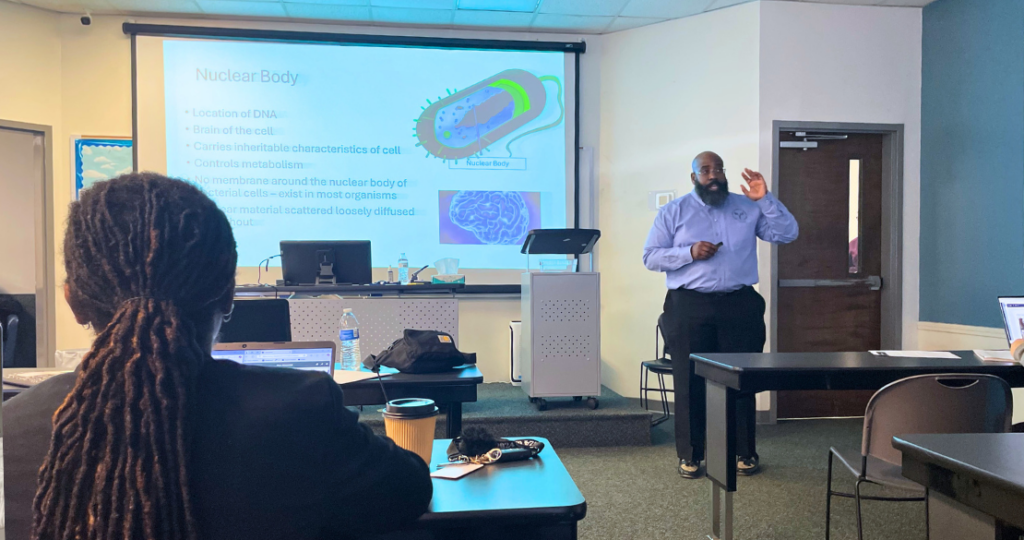The funeral service profession is one of the most essential yet often overlooked fields in society. It requires a unique blend of technical expertise, compassion, and professionalism to support grieving families while ensuring dignified end-of-life care. World Mortuary Science Day, observed annually on March 18, recognizes the importance of mortuary science education and the dedicated professionals who serve in this critical industry.
For those considering a career in funeral service, understanding the role of mortuary science education is essential. This field is not just about embalming and burial—it encompasses grief support, ethical business practices, cultural traditions, and evolving trends in memorialization. In this article, we explore why funeral service education is vital, the impact of trained professionals, and how aspiring students can start a rewarding career in this meaningful profession.
The Purpose of World Mortuary Science Day
World Mortuary Science Day serves multiple purposes:
- Raising awareness about the funeral service industry and its professionals
- Recognizing the importance of formal education in preparing funeral directors, embalmers, and crematory operators
- Encouraging new students to explore mortuary science as a career path
- Highlighting the evolving role of funeral professionals in modern society
The funeral profession is far more than a logistical service—it is an essential part of the human experience, providing closure and support to grieving families. A well-educated and trained workforce ensures ethical, compassionate, and high-quality care for those facing loss.
Why Funeral Service Education Matters
A Profession Rooted in Knowledge and Compassion
The funeral profession requires a unique combination of technical skills, scientific understanding, and emotional intelligence. Mortuary science education provides the foundation for students to develop expertise in multiple areas, including:
- Embalming and Restorative Art – Techniques to preserve and prepare the deceased for viewing
- Grief Counseling and Family Support – Understanding the psychological aspects of loss and providing compassionate care
- Funeral Service Law and Ethics – Ensuring compliance with state and federal regulations
- Business and Funeral Home Management – Handling finances, marketing, and operations in the funeral industry
Without a structured and accredited educational foundation, funeral service professionals would lack the skills necessary to provide high-quality, ethical, and legally compliant services.
The Role of Accreditation in Mortuary Science Programs
Accredited funeral service programs, such as those offered by Pierce Mortuary Colleges, ensure that students receive a comprehensive, industry-standard education. Accreditation by organizations like the American Board of Funeral Service Education (ABFSE) guarantees that the curriculum meets the highest standards in the field.
The Growing Demand for Funeral Service Professionals
An Industry with Job Stability
The demand for licensed funeral directors and embalmers continues to grow due to:
- An aging population leading to increased funeral service needs
- A rise in cremation and alternative memorial services, requiring specialized training
- A shortage of licensed professionals, making job prospects strong for graduates
According to the U.S. Bureau of Labor Statistics, employment for funeral service workers is projected to grow by 4% by 2032, ensuring job stability and career opportunities for those entering the field (source).
The Expanding Role of Funeral Directors
Modern funeral directors do more than just plan traditional services. Many are trained in:
- Eco-friendly burial options such as green burials and water cremation
- Technology integration, including live-streamed memorials
- Cultural and religious funeral traditions, ensuring inclusivity in services
This expanding scope underscores the importance of mortuary science education in preparing professionals for the diverse and evolving needs of families.
How to Pursue a Career in Funeral Service
Step 1: Enroll in an Accredited Mortuary Science Program
The first step toward becoming a funeral director or embalmer is obtaining a degree in mortuary science. Programs such as those at Pierce Mortuary Colleges provide hands-on training, theoretical coursework, and real-world experience in funeral service education.
Step 2: Complete an Apprenticeship
Most states require graduates to complete a one- to two-year apprenticeship under a licensed funeral director or embalmer. This provides invaluable on-the-job training in handling funeral arrangements, legal documentation, and body preparation.
Step 3: Pass the National Board Exam (NBE)
To obtain licensure, students must pass the National Board Exam (NBE), which tests their knowledge in funeral service arts and sciences. Some states may also have additional requirements, including state-specific exams.
Step 4: Obtain Licensure and Begin Practicing
After passing the exam and completing the required apprenticeship, individuals can apply for state licensure and officially begin their careers as funeral service professionals.
The Future of Mortuary Science Education
Advancements in Funeral Technology
As funeral traditions evolve, technology plays a larger role in the industry. Mortuary science programs are integrating courses on:
- Digital memorial services and online tributes
- Virtual reality grief counseling tools
- AI-assisted service planning
Continuing Education and Specializations
Many funeral service professionals continue their education to specialize in areas such as:
- Cremation and crematory operations
- Grief therapy and bereavement counseling
- Funeral home business management
Continuing education ensures that professionals stay current with industry trends and legal regulations, enhancing their ability to serve families effectively.
Honoring the Importance of Funeral Service Education
World Mortuary Science Day highlights the essential role of education in the funeral profession. As the industry continues to evolve, high-quality training, accreditation, and ongoing professional development remain vital to preparing compassionate and skilled professionals.
For those considering a career in funeral service, now is the time to explore mortuary science education opportunities. Whether your goal is to become a funeral director, embalmer, or grief counselor, obtaining the right education and licensure will provide the foundation for a rewarding and impactful career.
Interested in learning more about mortuary science programs? Explore Pierce Mortuary Colleges to start your journey toward a meaningful career in funeral service.
